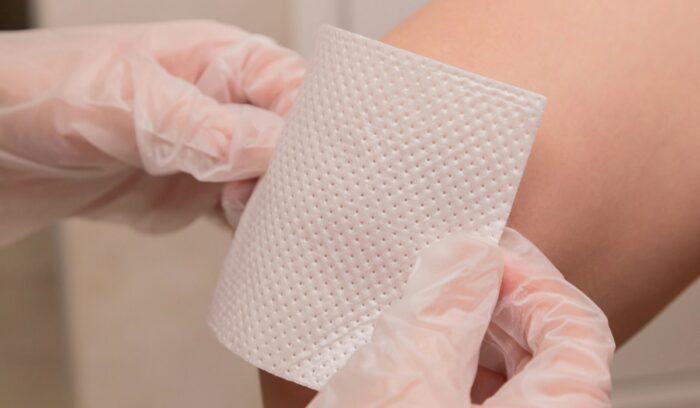Scientists successfully 3D-print human skin tissue into open wounds
Scientists at Pennsylvania State University have successfully 3D-printed living human skin tissue directly into the open wounds of rats for the first time in history. This bioengineering milestone could pave the way for major developments in reconstructive surgery — or even human hair treatments. Current methods of skin and hair reconstruction — like skin grafts — often result in scars, meaning this discovery could lead to a more seamless treatment for humans.










